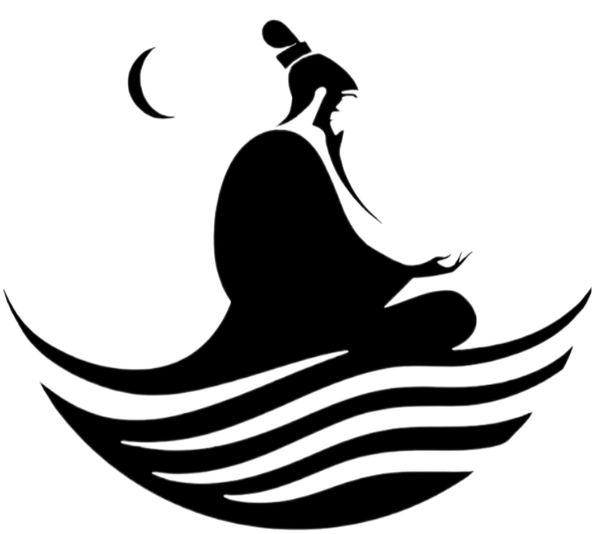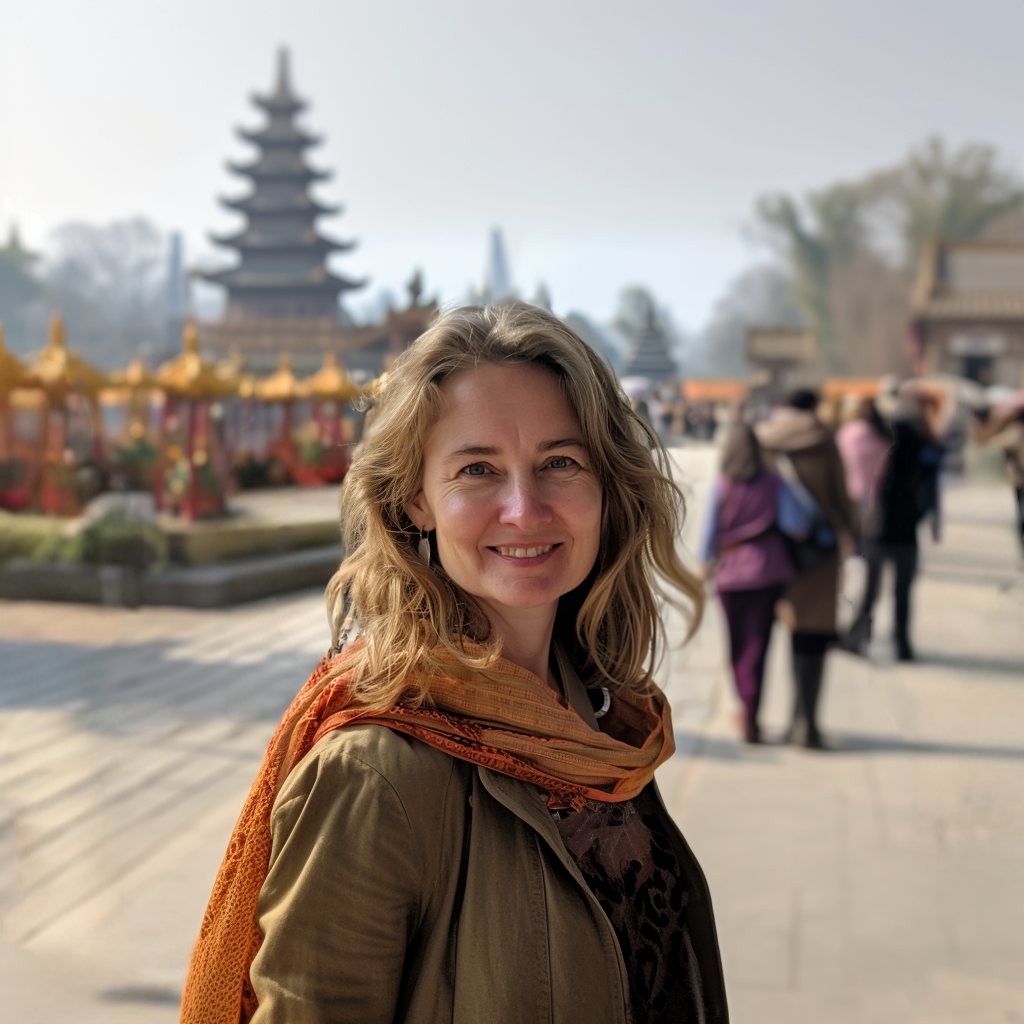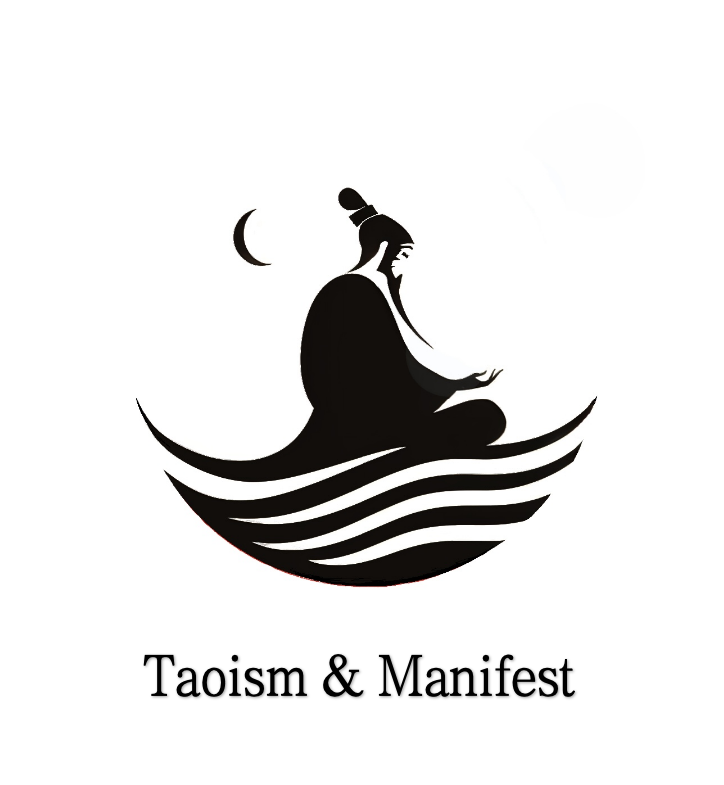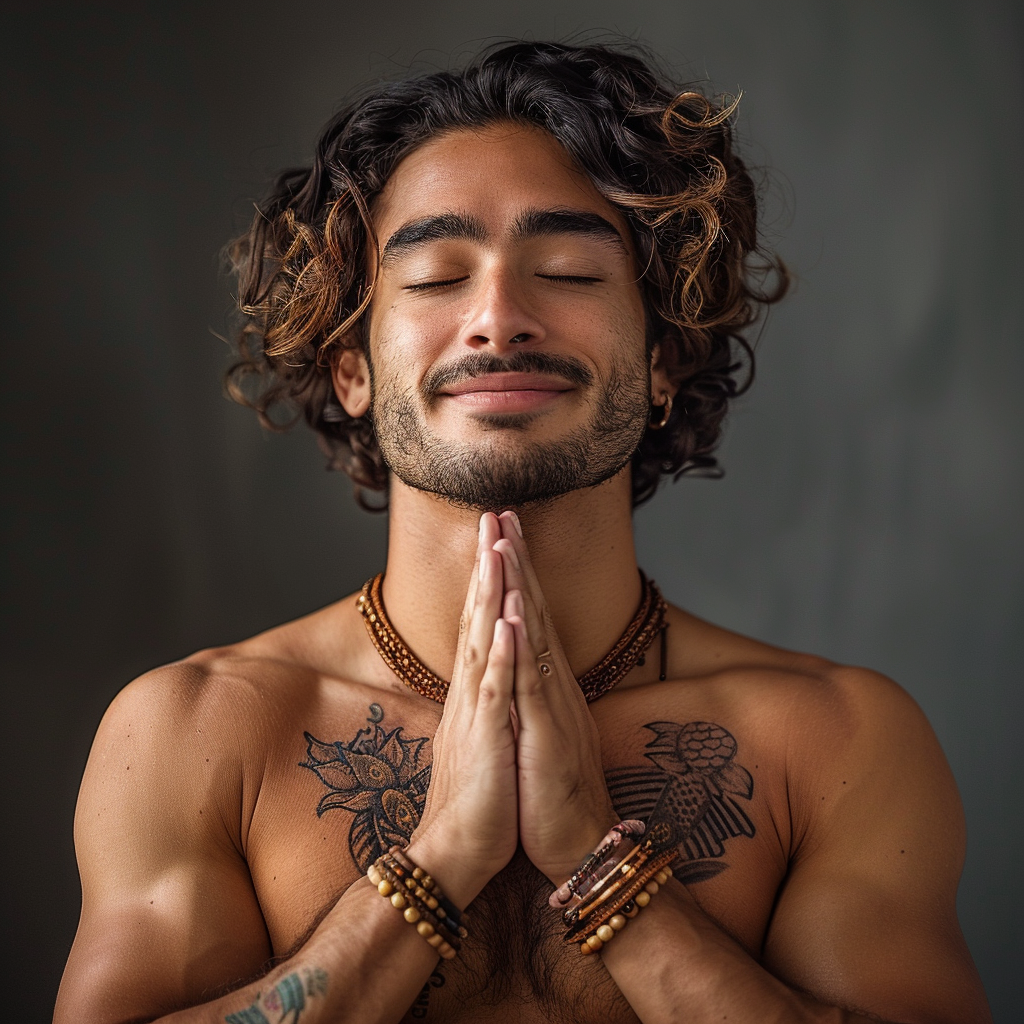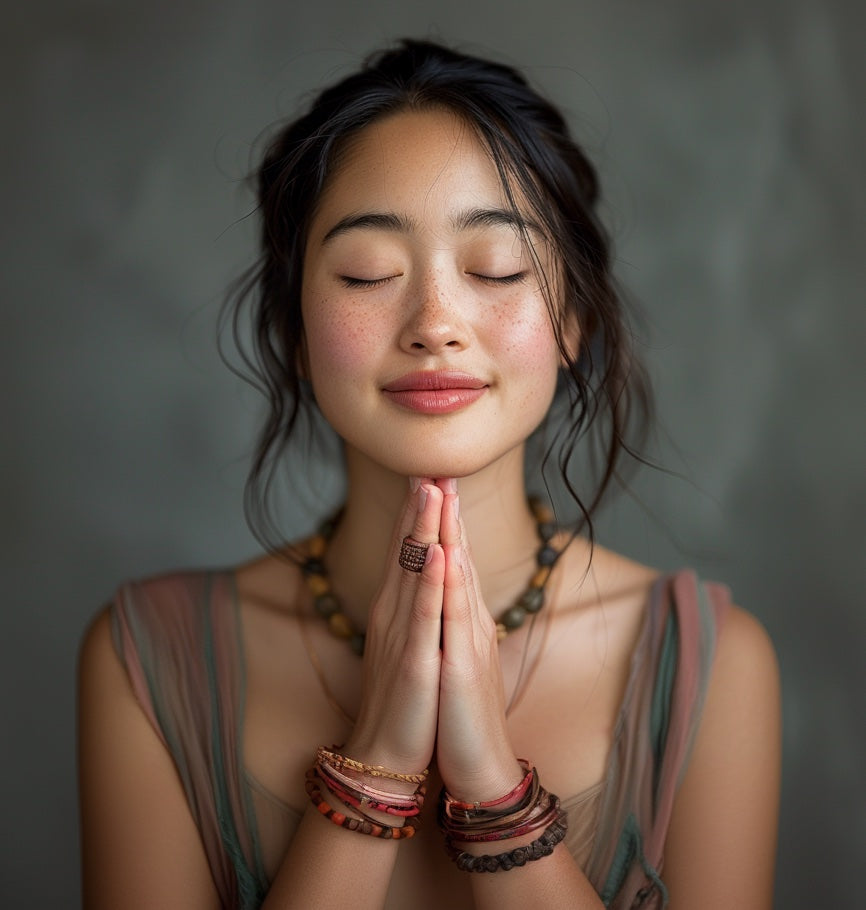
Taoist minimalism principles for living with less
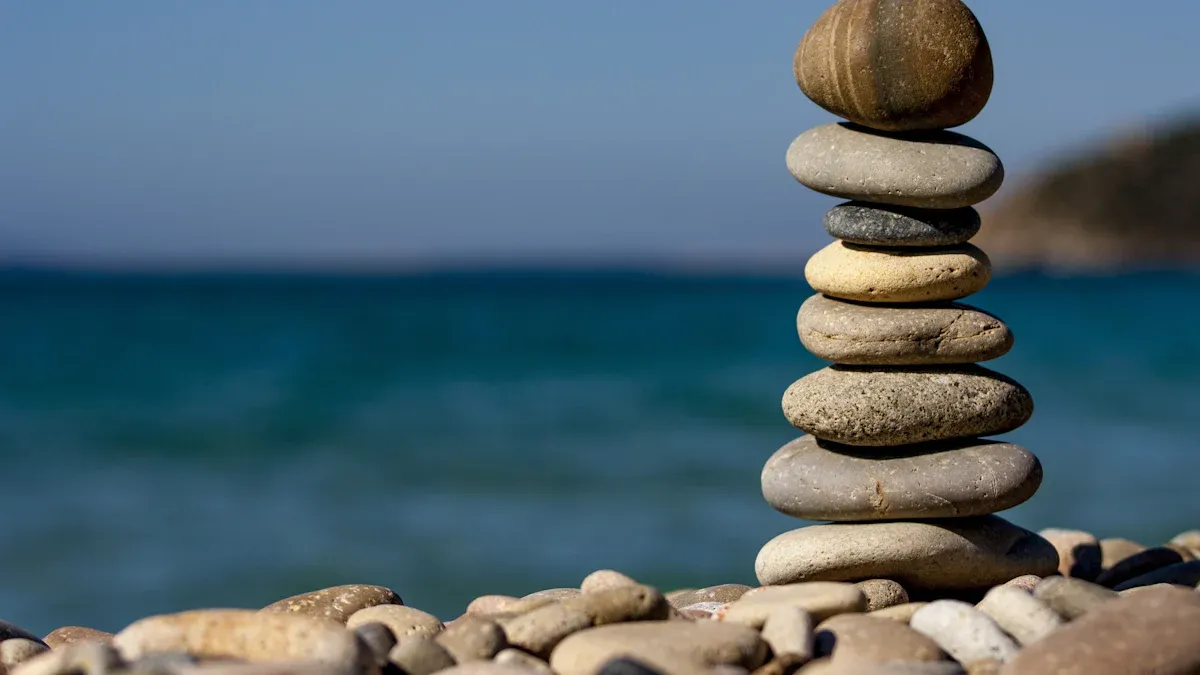
Do you ever feel like you have too much stuff or too many things to do? You are not the only one. Many people have trouble with too much clutter and too many plans every day.
78% do not know how to deal with their clutter.
Taoist minimalism asks you to pause and see what truly makes you calm. Think about how much easier life could be if you chose to live simply. You can feel happy by letting go and paying attention to what is most important.
If you want a simple foundation of the ideas behind Taoist minimalism, you may want to read The Core Principles of Taoism first.
Key Takeaways
Taoist minimalism asks you to let go of extra things and focus on what is important. This helps you feel more calm and happy.
Practice Wu Wei, or 'effortless action,' by going with the flow of life. Do not force your plans. This makes life less stressful and easier.
Enjoy simplicity by liking what you already have. Being thankful brings happiness. You do not need to always want more.
Mindful decluttering helps clear your space and mind. Start with a small area. Get rid of things that do not make you happy.
Living in harmony with nature helps you feel balanced and healthy. Spend time outside and be mindful. This helps you connect with the world.
What is Taoist minimalism?
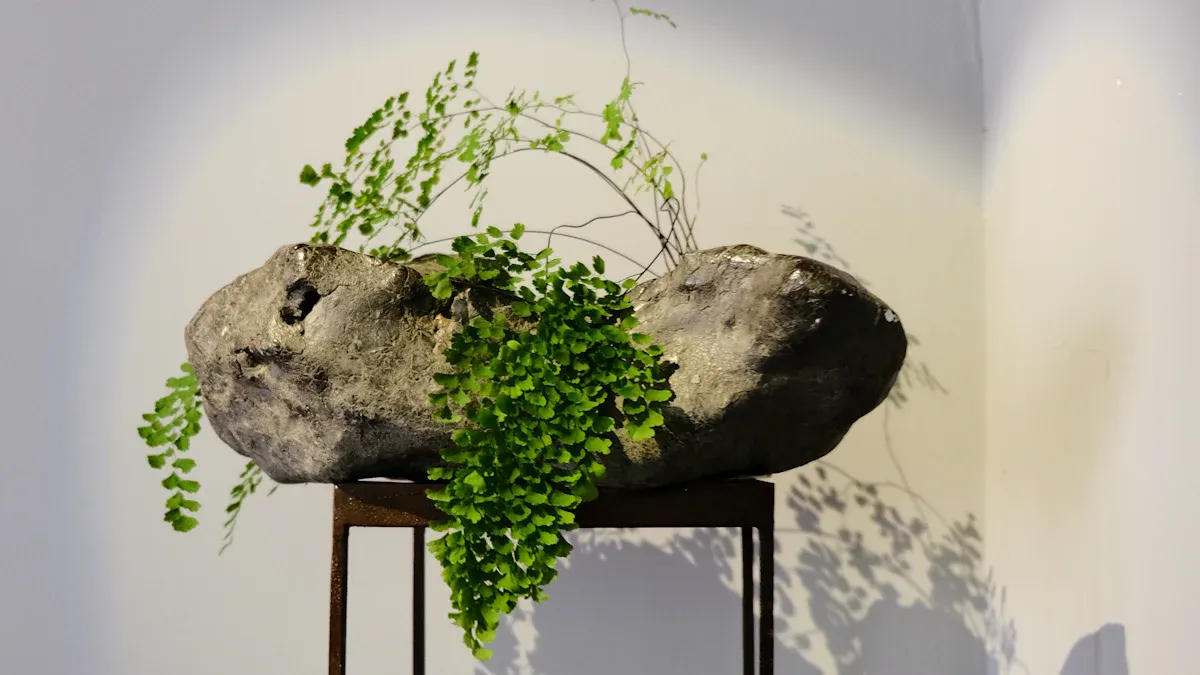
Taoist philosophy and simplicity
Taoist minimalism comes from ancient Taoist philosophy. You might think minimalism is a new trend, but it actually has deep roots in the teachings of Lao Tzu. He wrote about living simply and finding peace by letting go of things you do not need. Taoist minimalism is different from other types of minimalism. Instead of just focusing on getting rid of stuff, it teaches you to move with the natural flow of life. This idea is called Wu Wei, which means "effortless action." You do not force things. You let life unfold and keep things simple.
“Letting go of what you cannot keep, to find what you cannot lose.” — Lao Tzu, Tao Te Ching, Verse 74
Taoist philosophy encourages you to live in the present moment. You do not have to rush or chase after more. Nature does not hurry, yet everything gets done. When you follow this path, you feel less stress and more peace.
Here are some core ideas from Taoism that help you live with less:
Live in harmony with the natural flow of life, called the Tao.
Practice Wu Wei, or "non-action," to avoid forcing things.
Show compassion, frugality, and humility.
Let go of extra desires and focus on what matters.
Minimalism and delayed happiness
Many people believe that buying more things will make them happy. Taoist minimalism teaches something different. It says that holding on to too many things or always wanting more can actually make you feel unhappy. When you let go of extra stuff, you find real joy in what you already have.
Taoist philosophy says that being attached to things leads to suffering.
True happiness comes from being content and simple.
Knowing when you have "enough" brings inner peace.
Chasing after more can cause stress and take away your happiness.
Taoism values giving and kindness over having lots of things.
You find balance by following the natural flow of life, not by trying to control everything.
“Nature does not hurry, yet everything is accomplished.” — Lao Tzu, Tao Te Ching, Verse 48
Taoist minimalism helps you see that happiness is not about having more. It is about letting go, being present, and enjoying the simple things.
Principles of Taoist minimalism
Wu wei and letting go
Wu wei is one of the most important ideas in Taoist minimalism. You can think of wu wei like a surfer riding the waves. The surfer does not fight the ocean. Instead, they move with the water, staying balanced and calm. When you practice wu wei, you let go of the need to control everything. You stop forcing your own plans and start responding to what life brings.
Here’s how wu wei helps you live with less:
You learn to glide with the natural flow, just like a skilled surfer.
You let go of ideals that do not fit the moment.
You notice what is truly needed when you set aside your own ego.
Wu wei encourages you to release control and focus on what matters most.
You act according to the situation, not your own stubborn plans.
This makes life simpler and less stressful because you let go of extra stuff and commitments.
When you follow wu wei, you find that you do not need to hold on to things that weigh you down. You can let go and trust the process. For a deeper look at the roots of these ideas, explore What is Taoism.
Embracing simplicity (Pu)
Taoist minimalism also teaches you to embrace simplicity, or pu. Pu means “uncarved block.” It is a symbol for your natural, simple self before the world adds extra layers.
The concept of Pu (樸), often translated as 'simplicity', 'uncarved block', or 'primordial state', is a central metaphor in Taoist philosophy. In Taoism, Pu represents a state of natural potential, unaltered by societal conditioning, intellectual complexity, or artificial refinement. It embodies the Taoist ideal of returning to a simple, uncontrived way of being, where one lives in harmony with the Tao, free from the distortions imposed by human desires and cultural constructs.
When you live with pu, you:
Choose humility and stay true to yourself.
Let go of what others expect from you.
Drop the need for fancy things and enjoy what you already have.
Personal growth in Taoism means returning to a state of pu by letting go of habits and beliefs that hide your true self. You do not need to collect more knowledge or things. Instead, you unlearn what keeps you from feeling peaceful and clear.
Contentment and appreciation
Taoist minimalism is not just about having fewer things. It is also about feeling grateful for what you have. When you practice contentment, you stop chasing after more and start enjoying the present.
Insight |
Explanation |
|---|---|
Contentment as a Natural State |
Contentment boosts your mental and physical health, lowers stress, and brings harmony. |
Simplicity and Spontaneity |
Living true to yourself leads to more satisfaction. |
Dangers of Excessive Desires |
Wanting too much can cause emotional problems and suffering. |
You can practice contentment by:
Going with the flow of life.
Accepting things as they are.
Appreciating the present moment.
Taoism teaches that real happiness comes from being content and not worrying about what you do not have. When you let go of extra wants, you feel lighter and more at peace.
Harmony with nature
Living in harmony with nature is another key part of Taoist minimalism. You do not try to control everything. Instead, you learn to move with the natural rhythms around you.
Here are some ways you can practice this:
Let go of the need to control and trust the natural flow of life.
Balance the yin and yang energies inside you.
Try meditation or Tai Chi to connect with yourself and the world.
Practice meditation and Tai Chi to calm your mind and body.
Show compassion and humility to stay close to the Tao.
Spend time in nature and notice how everything is connected.
When you live simply and respect nature, you feel more balanced. You see that you are part of something bigger. Taoist minimalism helps you find peace by living in tune with the world, not against it.
Applying Taoist minimalism
Mindful decluttering
You might feel overwhelmed when you look around and see clutter everywhere. Taoist minimalism gives you tools to clear your space and your mind. Start by picturing what a calm, clutter-free room looks like. This vision can help you stay motivated as you sort through your things.
Here are some simple ways to practice mindful decluttering:
Imagine your ideal space before you begin.
Try the "one in, one out" rule. When you bring something new home, let go of something old.
Ask yourself if each item brings you joy. If it does not, thank it and let it go.
Build small habits, like spending five minutes each day tidying up.
Before you buy something, pause and ask if you really need it or where it will go.
Invite a friend or family member to help. You can encourage each other and make it fun.
You do not have to do everything at once. Take small steps and notice how much lighter you feel with each item you release.
Simplifying routines
Life can get busy and complicated. Taoist wisdom says that you can find peace by making your daily routines simple. When you cut out what you do not need, you create more space for what matters.
"In a world often characterized by complexity and chaos, the pursuit of simplicity offers a refreshing and effective approach to enhancing daily productivity."
Try these ideas to simplify your day:
Begin your morning with five to ten minutes of quiet time. You can sit, breathe, or just listen to the world wake up.
Keep only the things you use every day on your desk or in your workspace. This helps your mind stay clear.
Set certain times to check your phone, email, or social media. This keeps distractions away and helps you focus.
The Taoist approach encourages you to move with the natural flow of your day. When you let go of extra steps and focus on what is essential, you feel more relaxed and in control.
Minimalist mindset
Taoist minimalism is not just about your stuff or your schedule. It is also about how you think and feel. When you practice non-attachment, you learn to let go of things, worries, and even old habits that do not serve you.
Non-attachment helps you:
Feel more peaceful and less stressed.
Accept life as it comes, without trying to control everything.
Enjoy the present moment instead of worrying about what you do not have.
Taoist teachings say that contentment is a state of mind. When you feel grateful for what you have, you do not need to chase after more. This mindset can make you happier and healthier. Studies show that people who practice contentment and acceptance feel less stress and more joy. You can start by noticing the good things in your life and letting go of the need for more.
Sometimes, you might face challenges. Maybe people around you do not understand your choice to live simply. You might feel pressure to keep up with others or fill your days with activities. When this happens, remember to focus on your own values. Take time to reflect and remind yourself why you chose this path. Regular mindfulness and gentle routines can help you stay true to yourself.
Benefits of living with less
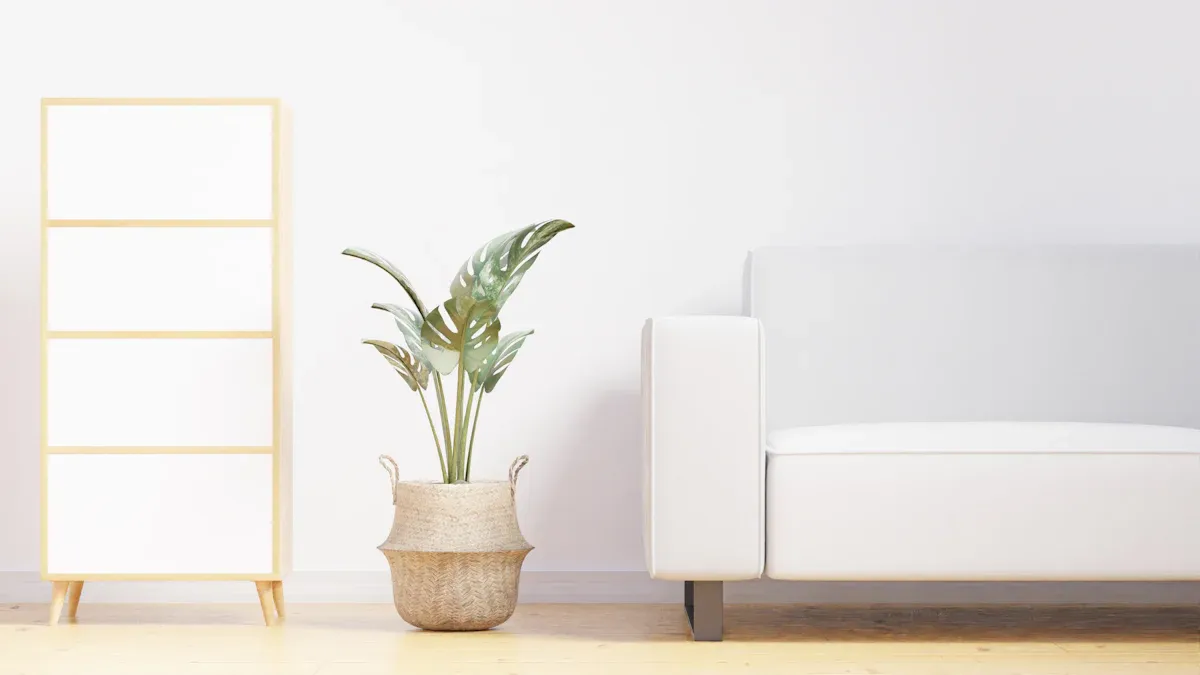
Peace and happiness
When you choose to live with less, you open the door to real peace and happiness. You might notice that your mind feels lighter and your heart feels calmer. Many people find that a simple space helps them relax and focus. Take a look at this table to see how small changes can make a big difference:
Benefit Description |
Measurable Outcome |
|---|---|
A simplified environment and schedule reduce mental stress and create space for clarity and focus. |
Reduced stress |
Stillness cultivates inner peace and mental clarity, helping you reset and recharge. |
Increased happiness |
Mindful breaks help reset your mind, reducing stress and maintaining mental clarity. |
Reduced stress |
You do not need to chase after more to feel happy. Studies show that minimalism leads to more positive emotions and a sense of pride in helping the environment.
Wellness and balance
Living simply helps you find balance in your daily life. When you clear away clutter, your mind feels less crowded. You can focus better and feel more relaxed. Here are some ways minimalism supports your wellness:
You process emotions more easily when your space is calm.
A tidy room helps you think clearly and feel less stress.
Mindfulness grows when you remove distractions.
Over 80% of studies show that people who live simply feel happier and more balanced. You might even notice that your relationships improve. For more practical ways to calm the mind and release stress through daily awareness, you may like How to Reduce Stress with Mindfulness Meditation.
Freedom from excess
Taoist minimalism teaches you to let go of things you do not need. This freedom gives you more time and energy for what matters most. You learn to accept yourself and your life as they are. Here are some benefits you might notice:
You feel less pressure to keep up with others.
Your mind becomes more open and calm.
You handle challenges with a positive attitude.
Letting go of excess helps you find inner peace. You become more aware of your needs and values. This simple way of living brings you closer to nature and to yourself.
Taoist minimalism shows you that peace and meaning come from letting go and living simply. Lao Tzu teaches that you find true success by embracing patience and balance, not by chasing control. Start small—keep only what you love, focus on the present, and let routines stay simple. When you stop striving for more and tune into life’s natural flow, you discover calm and fulfillment. You have the power to choose simplicity and let go of excess. Why not begin today?
FAQ
What makes Taoist minimalism different from regular minimalism?
Taoist minimalism focuses on living in harmony with nature and letting go of control. You do not just get rid of stuff. You also learn to flow with life.
How do I start living with less if I feel overwhelmed?
Start small. Pick one area, like your desk or closet. Remove things you do not use or love. Take breaks and celebrate each step. You will see progress over time.
Can Taoist minimalism help with stress?
Yes! When you clear clutter and slow down, your mind feels lighter. You worry less about things you cannot control. This helps you feel calmer and more balanced every day.
Do I have to give up everything to practice Taoist minimalism?
No, you do not need to give up everything. Keep what brings you joy or serves a real purpose. Taoist minimalism is about finding balance, not living with nothing.
